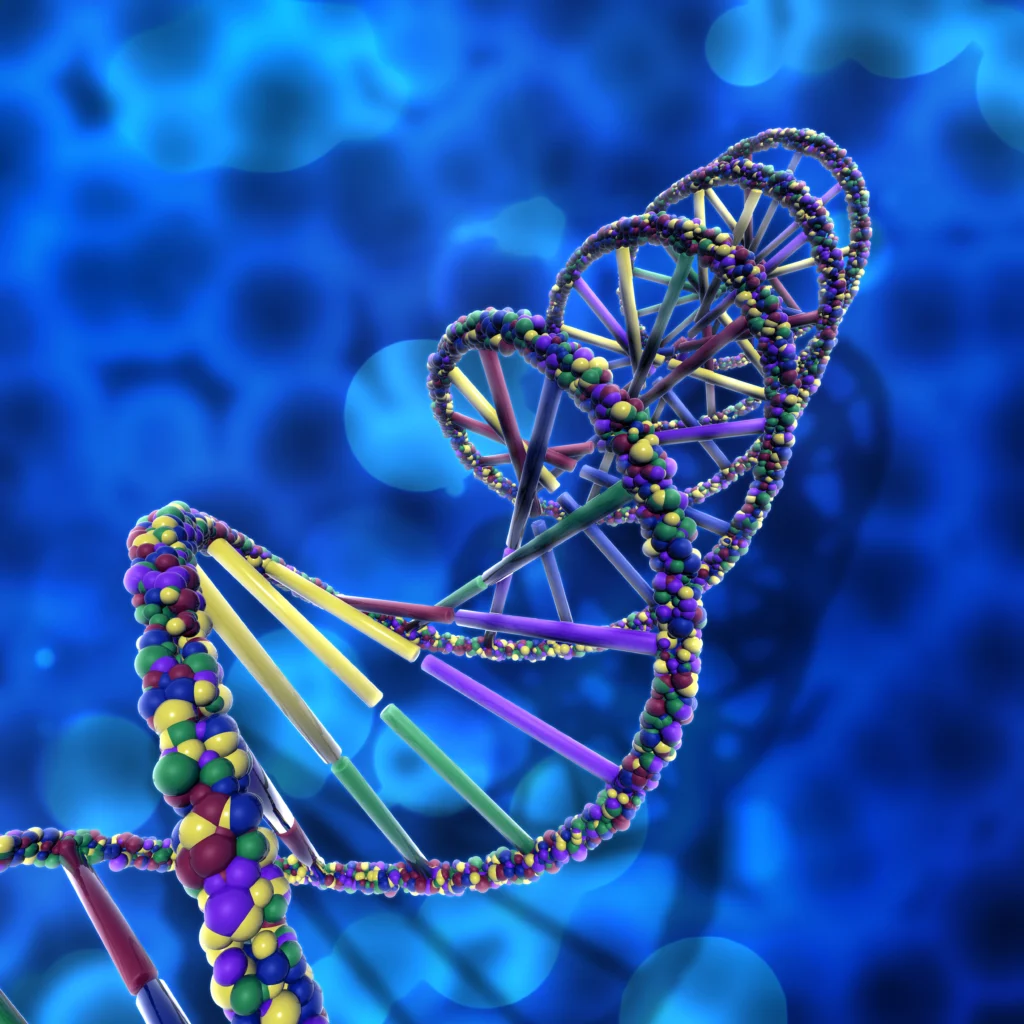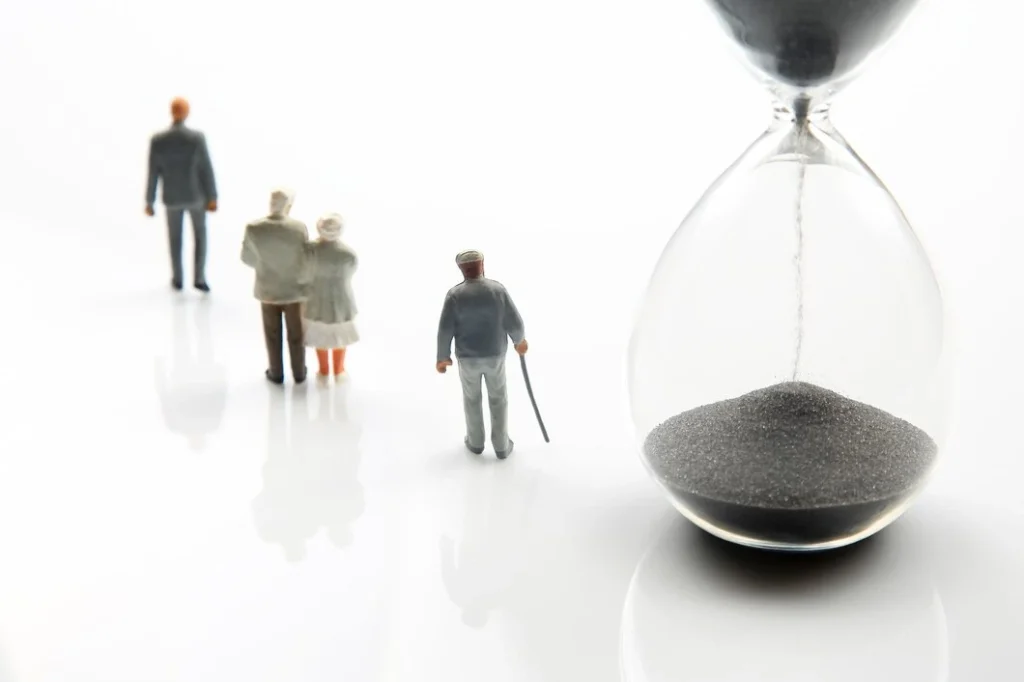For as long as humans have walked the Earth, we’ve been fascinated with the idea of longevity. From ancient myths about the Fountain of Youth to today’s billion-dollar anti-aging industry, we’ve always wondered: How long can a human truly live? Thanks to recent scientific breakthroughs, researchers believe they’ve uncovered the maximum age limit of human life — and it’s sparking major conversations in the worlds of health, science, and even philosophy. In this article, we’ll explore the study that made headlines, what determines our lifespan, how this affects future medical research, and whether immortality is just science fiction or a future possibility. Let’s dive in.

The Study That Revealed the Biological Limit of Human Life
In a landmark study published in Nature Communications, a team of scientists analyzed health data from over 500,000 participants worldwide. Their focus wasn’t just on how long people live, but on how quickly the body recovers from physical stressors like illness, fatigue, and injury — a key marker of biological resilience.
What they found was striking: as we age, the body’s capacity to recover gradually declines, and at a certain point, it essentially drops to zero. This critical point — where resilience is lost entirely — appears to fall between 120 and 150 years of age. Past that threshold, no matter how healthy someone is, the body can no longer bounce back. It’s not just wear and tear — it’s biology.
This discovery suggests that while a handful of people may push past 110, the chances of living beyond 150 are almost non-existent without dramatic scientific intervention.

The Role of Genetics, Lifestyle, and Environment
It’s no secret that lifestyle choices play a massive role in how long we live. People who eat a balanced diet, exercise regularly, manage stress, avoid smoking, and stay socially active tend to live longer, healthier lives. But this new research shows that no matter how well you live, there’s still a biological ceiling we can’t naturally exceed.
Genetics also matter. Some people are simply born with genes that promote longevity — like those found in centenarians (people who live to 100 or more). These genes help control everything from cellular repair to inflammation. But even those lucky enough to have “longevity genes” are still subject to the same biological aging process.
Environmental factors — such as pollution, access to medical care, and socioeconomic status — further complicate the picture. While someone may be genetically capable of living to 110, their surroundings can either support or hinder that potential.

How This Discovery Shapes the Future of Anti-Aging Science
The idea of a fixed lifespan doesn’t mean the end of anti-aging research — quite the opposite. This discovery provides scientists with a clearer goal: extend the number of years people live in good health, and potentially shift that biological ceiling over time.
Biotech companies and research labs are already investing in therapies that aim to slow or even reverse aspects of aging. These include:
- Senolytic drugs that clear out aging cells.
- Gene editing tools like CRISPR to repair DNA damage.
- Stem cell therapy to regenerate tissues.
- NAD+ boosters and other supplements designed to support mitochondrial function.
Rather than chasing immortality, many experts now focus on increasing “healthspan” — the number of years people live without chronic disease or disability. If we can’t live forever, the next best thing is to feel young for longer.

Can Humans Ever Beat the Clock?
The idea of living forever has captivated the human imagination for centuries. Today, some tech visionaries — like those in Silicon Valley — still dream of digital immortality, consciousness uploading, or artificial bodies that could host the human mind.
But for now, those ideas remain speculative at best. Current science supports the view that the human body, as it’s biologically designed today, has an upper limit around 150 years. To move past that, we’d need breakthroughs that fundamentally alter how aging works at the cellular and genetic levels.
In other words, we may not be able to stop the clock — but we’re getting better at slowing it down.

Final Thoughts: A New Perspective on Aging
This new research doesn’t take away hope — it adds clarity. It invites us to rethink our relationship with aging, to value quality over quantity, and to invest in the kind of lifestyle and medical care that helps us thrive for as long as possible.
Living to 150 may not be in the cards for most of us, but living well into our 90s or 100s, with strength, independence, and joy, is increasingly achievable. And in the end, maybe that’s the real goal — not to live forever, but to truly live, for as long as we can.
Table of Contents
Is there a natural limit to how long humans can live? (churchandstate.org.uk)
Belinda Bencic Returns to Tennis in 2025 with a Title and a New Perspective – trendsfocus